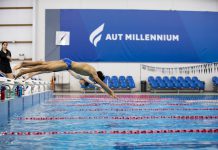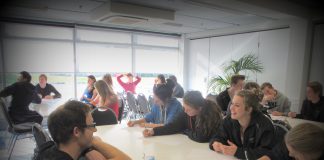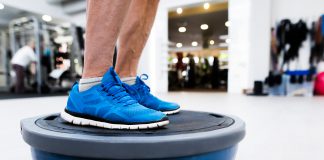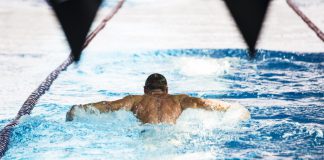It is easy to think that pain is proportionate to your condition or injury. The worse your injury is, the worse your pain will be. But sometimes people with minor or even no physiological signs of damage to their body can have severe pain. Sometimes an injury seems to be getting better and then the pain will suddenly worsen, with no apparent reason. Two people with the exact same injury can have very different roads to recovery. Some may not recover at all. So why does this happen?
We have long known that pain is not only caused by damage to our body’s tissues. Psychosocial factors can contribute to our pain as well. These include cognitive factors, like beliefs and expectations regarding your injury. People who believe their injury is life threatening, severe or catastrophic are more likely to experience higher pain intensity and have a longer recovery process. Psychological factors can also impact your pain. Depression and anxiety have very strong associations with increases in reported pain intensity and persistent pain. Social aspects can also strongly impact the human pain experience. Low job satisfaction, stressful or strained relationships with family, friends or colleagues or even cultural factors have been shown to negatively impact pain and recovery. Of course lifestyle factors like fitness, weight, drug and alcohol consumption can impact the level of pain a person feels. Another lifestyle factor is sleep. Poor sleep can result in a very noticeable increase in pain, which has been noted in a variety of different painful conditions. There are many complex physiological reasons for this, including the impact sleep has on pain receptors in the body and centres in the brain, but this is still being better understood.
Physios often find themselves working through an injury with a patient and see progress suddenly halt. When there is no physical cause for this, digging a little deeper into events in their personal lives, their beliefs or attitudes can get things on the right track again. Sometimes our patients with long-term pain can be referred by their care providers to pain clinics or counsellors that deal with attitudes and beliefs towards pain. Without a good understanding of how pain can be multi-faceted, sometimes patients believe that this means others think the pain is “in their head”. Ironically, this can increase their pain as they feel they are not understood or believed.
What is important to understand is that pain is always in your head. You do not have pain in your back or arm or leg. Your body is sending a message to your brain which is interpreting the pain to be there. This is true when you have actual physical damage to the tissues and sometimes when you don’t. It is how some people have phantom pain when they feel that a painful limb that was amputated is still there. It doesn’t matter that the limb is no longer there if the pain centre of the brain still thinks it is, because the pain isn’t in the body, it is in the mind.
The great thing about this is that you can – to some degree – control the amount of pain you are feeling. A positive attitude, taking care of your mental well-being, nurturing close personal relationships, improving your work environment, regular exercise (working around your injury), healthy diet and adequate sleep are all excellent natural analgaesics.
For the rest of your pain, your physio can help you! For any conditions, both acute and chronic, come and see one of the team at Healthzone Physiotherapy who will manage not only your injury, but also you.






































